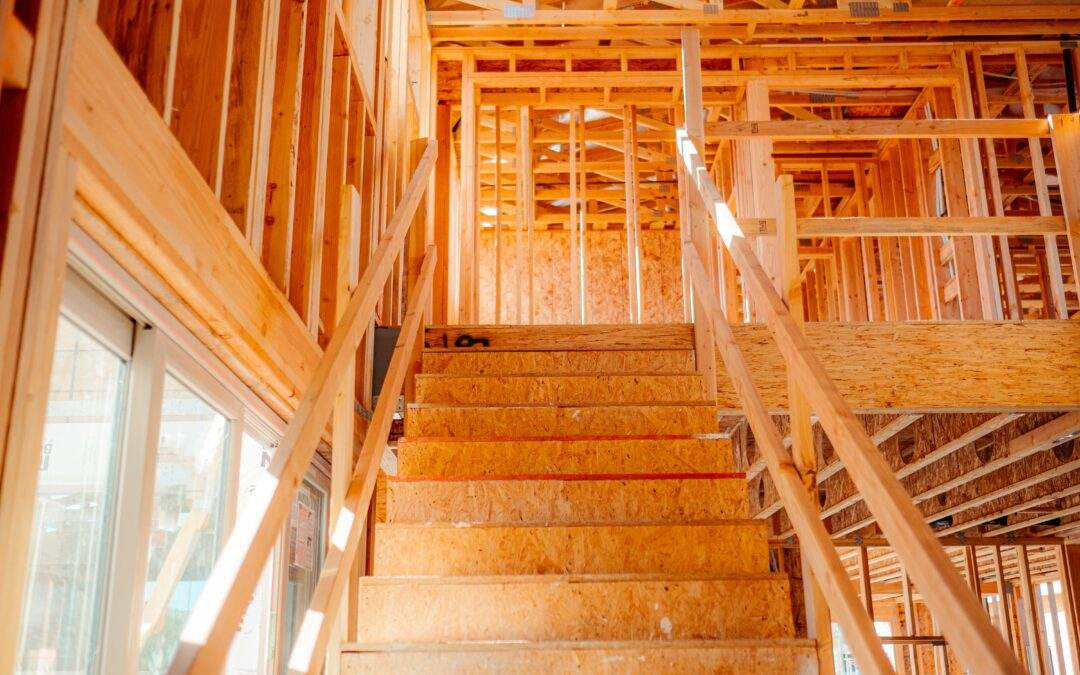Building a custom home in Utah is an exciting opportunity to create your dream living space that matches your lifestyle, taste, and preferences. However, before diving into the construction process, it’s essential to familiarize yourself with the requirements, guidelines, and approvals needed to ensure a smooth and successful project.
This blog post will provide a comprehensive overview of the necessary steps to follow when building a custom home in Utah.
1. Available Lots Approval
The first step in building a custom home in Utah is to find a suitable lot. When choosing a location for your custom home, it’s crucial to ensure that the land is properly zoned for residential use and complies with local ordinances.
In addition, you should verify if the lot has any restrictions or easements that could impact the construction and design of your dream home.
Before purchasing a lot, it’s a good idea to consult with a custom home builder, architect, or land planner who can guide you through the approval process. They can help you determine if the lot is buildable, identify potential issues, and ensure that your custom home meets all the necessary requirements.
2. Local Ordinances
Local ordinances are laws and regulations that govern land use, building, and construction within a specific area. They can vary significantly between different cities and counties in Utah. Researching and understanding the local ordinances applicable to your chosen lot is essential before starting the construction process.
Some common local ordinances that you need to consider when building a custom home in Utah include:
- Setback Requirements: These dictate how far your home must be from the property lines, roads, or other structures.
- Height Restrictions: These determine the maximum height allowed for your custom home.
- Architectural Design Guidelines: These can dictate the style, materials, and colors permitted for your custom home.
3. Building Codes
All custom homes in Utah must adhere to the International Residential Code (IRC), which outlines the minimum requirements for creating and constructing single-family homes. Your custom home builder or architect should be familiar with these codes and ensure that your home’s design complies with them.
In addition to the IRC, Utah has adopted the International Energy Conservation Code (IECC), which sets energy efficiency requirements for new homes. Be sure to incorporate energy-efficient elements into your custom home design to meet these requirements and reduce your long-term energy costs.
4. Residential Home Building Permit
Before breaking ground on your custom home, you must obtain a residential building permit from your local building department. This permit ensures that your custom home’s design and construction meet all local codes and ordinances.
To obtain a building permit, you must submit detailed construction plans, including architectural drawings, engineering calculations, and site plans.
The local building department will review these plans and issue the permit once they are satisfied that all requirements are met. Keep in mind that this process can take several weeks, so be sure to plan accordingly.
5. Residential Zoning Laws
Zoning laws dictate how the land can be used within a specific area and are critical to consider when building a custom home in Utah. Research the zoning laws applicable to your chosen lot and ensure that your custom home’s design and construction comply with them.
Common residential zoning classifications in Utah include single-family residential (R-1), multi-family residential (R-2), and planned unit development (PUD). Each zoning classification has its unique requirements, restrictions, and allowances that you’ll need to adhere to when building your custom home.
Final Thoughts
Building a custom home in Utah is a rewarding and exciting experience, but it also comes with a wide range of requirements and guidelines that must be followed.
By familiarizing yourself with these elements and working closely with experienced professionals such as custom home builders, architects, and land planners, you can ensure that your dream home is built to the highest standards and complies with all types of regulations.
Are you looking for custom home builders in Utah County? Work with us at Riding Homes, and get closer to the home of your dreams today! Schedule a free consultation, and let’s discuss your new home construction needs!

